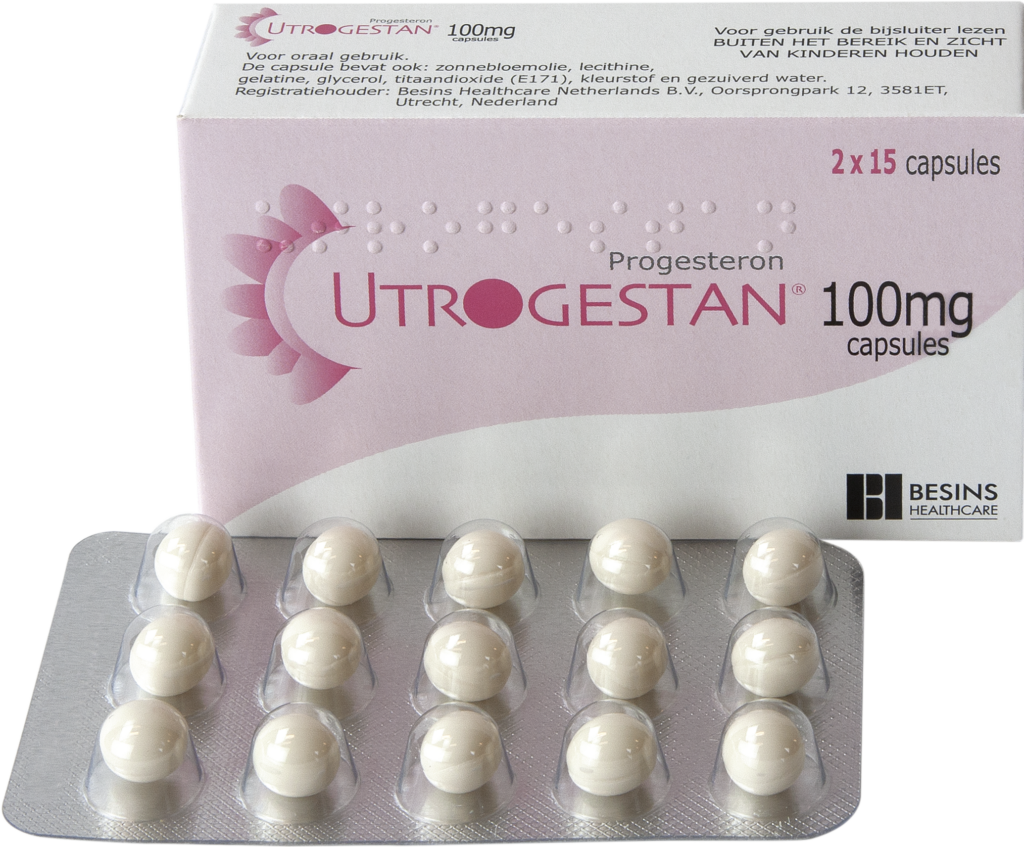There is an increasing amount of interest in the use of micronized progesterone (in New Zealand this
is called utrogestan) for transwomen. This medication became publicly funded in December 2022 in
New Zealand and of course this has increased both interest and accessibility of this medication.
What do we know about this medication specifically for transwomen?
Current standard of care for transwomen with both hormone transition and then hormone
maintenance is to take a two pronged approach. Firstly testosterone levels are dropped (typically to
the normal female range on the assay) and then oestrogen levels are increased. More recently
however there has been interest in whether adding progesterone to this regimen gives a more
physiological (or natural) hormonal milieu creating an environment more representative of a cis
woman. We are aware that typical breast development for transwomen is often not considered optimal
and there is interest in whether this approach may lead to better breast development. It is possible
that there are other benefits. It is important to be aware that this discussion is for micronized
progesterone only – not other progestogens (such as provera and norethisterone) for which side effects are probably different to those discussed here.
Scientists and doctors who argue for progesterone use for transwomen suggest that just like
ciswomen progesterone exposure is vital for optimal breast maturation with areolar growth and size
(the darker part of the breast around the nipple). It is possible that progesterone has an effect on
bone that is independent from oestrogen and may be useful for protection from bone density loss.
It may be that the use of progesterone leads to better testosterone suppression through feedback
loops to the pituitary. There is speculation that progesterone use may be protective for heart health
as transwomen age. In cis women about 25% of women who use progesterone find this hormone
beneficial for sleep and for anxiety management and this may be the same in transwomen.
Of course, the bottom line is that we have very few medical studies looking at progesterone use in
transwomen to confirm any of these hypotheses. One recent Australian study looking
at 23 transwomen, on stable estradiol therapy, added 100mg of utrogestan at night to their regimen.
There was no improvement in sleep or breast development in 3 months. 3 months would be a short
period of time to assess breast development. One participant experienced mood deterioration on
utrogestan (1). One study of such small numbers is not enough to form medical opinion on, and all of
the statements above are clinical assumptions, rather than scientific fact. The best that we can do given the limited studies to date is to extrapolate what we know about the physiology of progesterone use in ciswomen to transwomen – this is certainly not ideal but at the moment it is the best we have. It is helpful to remember, though, because we aim to mirror the hormone state of ciswomen in transwomen, the experience of ciswomen may be a reasonable predictor of what to expect for transwomen.
In anticipating what side effects to expect with progesterone in trans women, we do know that 6-8% of ciswomen get side effects with micronized progesterone – it can make them feel anxious, depressed or cause symptom similar to premenstrual syndrome. Of course transwomen could well be different to cis women, but potential side effects are something to be aware of and look out for.
An important consideration for progesterone use is breast cancer risk. In ciswomen who are using menopausal hormone therapy, current data tells us that using oestrogen alone does not significnatly increase the risk of breast cancer. But for ciswomen using both oestrogen and progesterone for more than 8 years through their 50s, there is a tiny increased risk of breast cancer – about 1 in 1200 women per year. It has taken many years to obtain this data for ciswomen and it is likely to be a number of years before we have similar useful scientific data for transwomen and breast cancer risk using progesterone medication.
So in summary – there are many interesting points to consider, but not much evidence to guide us, which does make the decision to use progesterone or not tricky. However, if you tolerate micronized progesterone and are prepared to consider a tiny increased risk of breast cancer as a possibility with time, then there is probably little harm in a trial of progesterone for about 6-12 months to understand whether this is a hormone you want to continue as part of your transition regime.

References:
- Nolan BJ et al. Effects of low dose, oral micronized progesterone on sleep, psychological
distress and breast development in transgender individuals undergoing feminising hormone
therapy: a prospective controlled study. Endo Connections 2022 11(5) - Milionis C et al. Progesterone in gender affirming therapy of trans women. World Journal of
Biological Chemistry 2022 May 27;13(3):66-71
Comments +